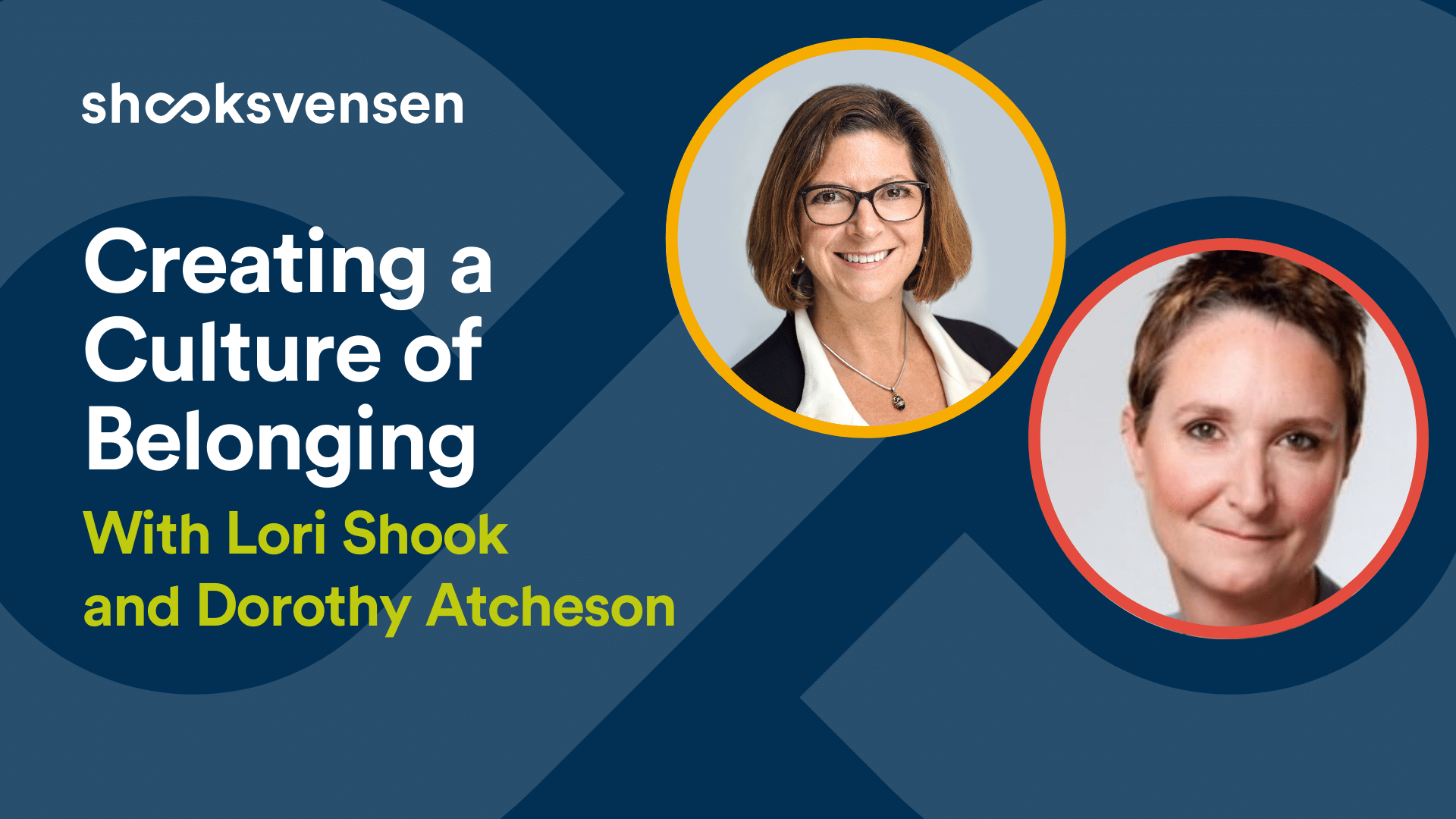
Creating a culture of belonging
Do you feel like you belong?
Belonging feels good. We get this feeling when we feel invited in, accepted, liked, respected, and/or listened to.
Belonging is a deeply embedded human need and a source of joy. It’s so nice to have it and profoundly painful when we don’t. In fact, rejection is one of the biggest sources of human pain and it hurts deeply.
When we experience this kind of pain, we will naturally withdraw or be overly cautious. Or we might fight back or get back at the system that is not open to us. Either way, this costs us energy.
What does this have to do with work culture?
If we feel like we don’t belong, it diminishes our ability to do our best work – our brain is too distracted dealing with our experience and pain. We don’t have the capacity to put our full attention on our work.
Put yourself in the shoes of someone who feels that they do not belong. People don’t listen to you, even if they pretend. You are not invited to the meetings, even if your work is directly relevant to the topic. No one seeks you out for lunch or coffee. You don’t see people who act like you or look like you and you feel very different from the others. It feels like they try to keep their distance from you.
You feel alone and lonely.
Now, consider working with the people who exclude you. Maybe you try your hardest and provide your best work – for a while – thinking that this might help you to be liked, accepted, included. But if it never happens? You will likely give up.
Productivity suffers when belonging is lacking
Being inclusive isn’t just a nice thing to do. It is essential for productivity.
We need to encourage everyone in a workplace to be inclusive and accepting of others. We need to listen to others about what they need to feel included. This takes personal work, noticing one’s own biases –conscious and unconscious- and working to get beyond them.
A lot of us get our sense of belonging from the workplace. At the same time, we are unconscious about our own behaviour, and how it creates exclusion. We need to wake up and put effort into getting to know others, outside of our natural ingroup. We need to make an effort.
Leadership can lead the way on this by role modelling these behaviours. By creating awareness of this dynamic and collectively working on including and accepting everyone. That’s what will help everyone feel that they belong. That feeling is what allows them to feel like a valued team member whose contributions matter. It’s now ‘their’ team and they will give it their all.
Creating a Culture of Belonging

In this webinar, Lori and Dorothy discussed the impact of our innate human need for belonging on workplace culture.
more info